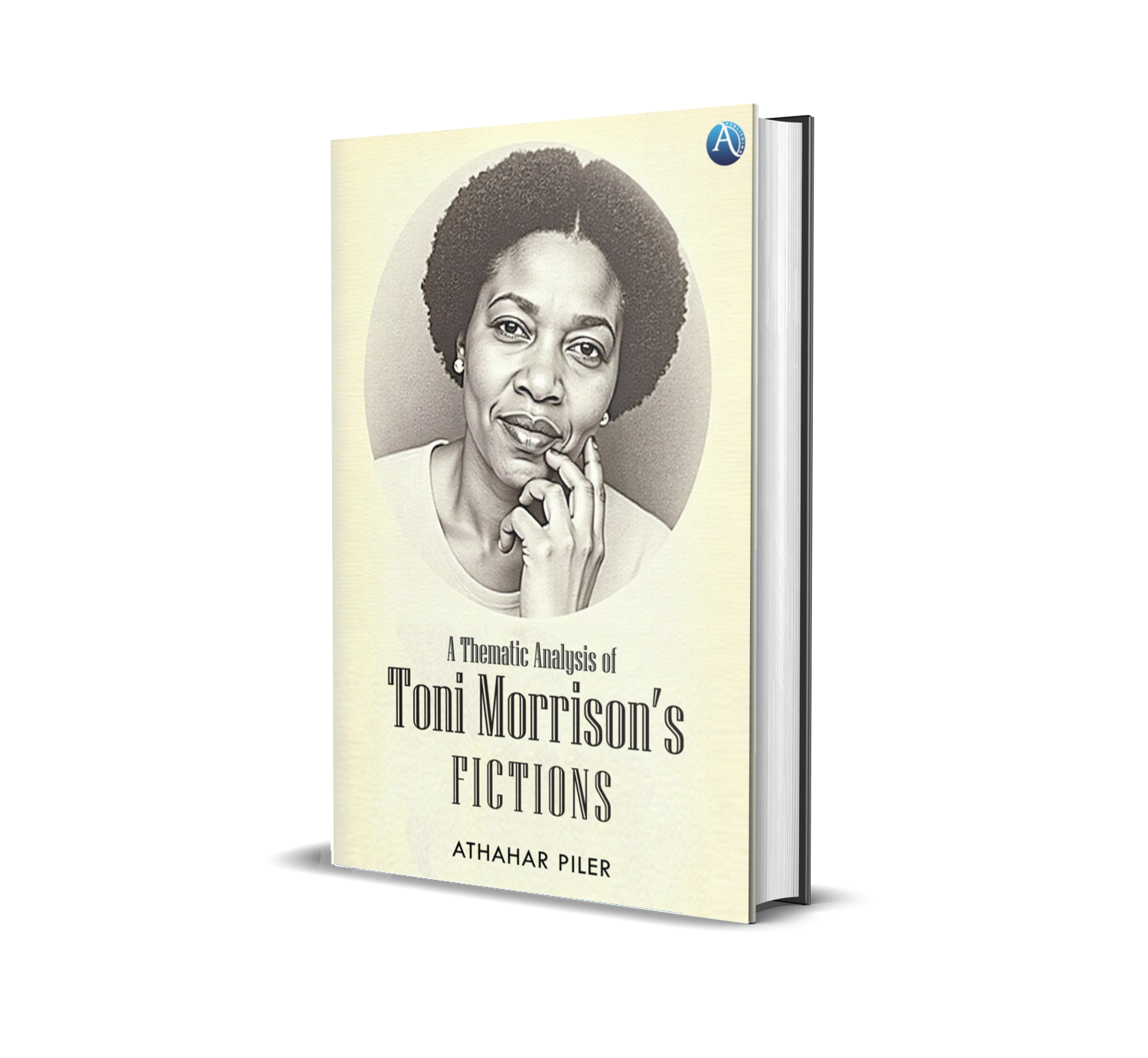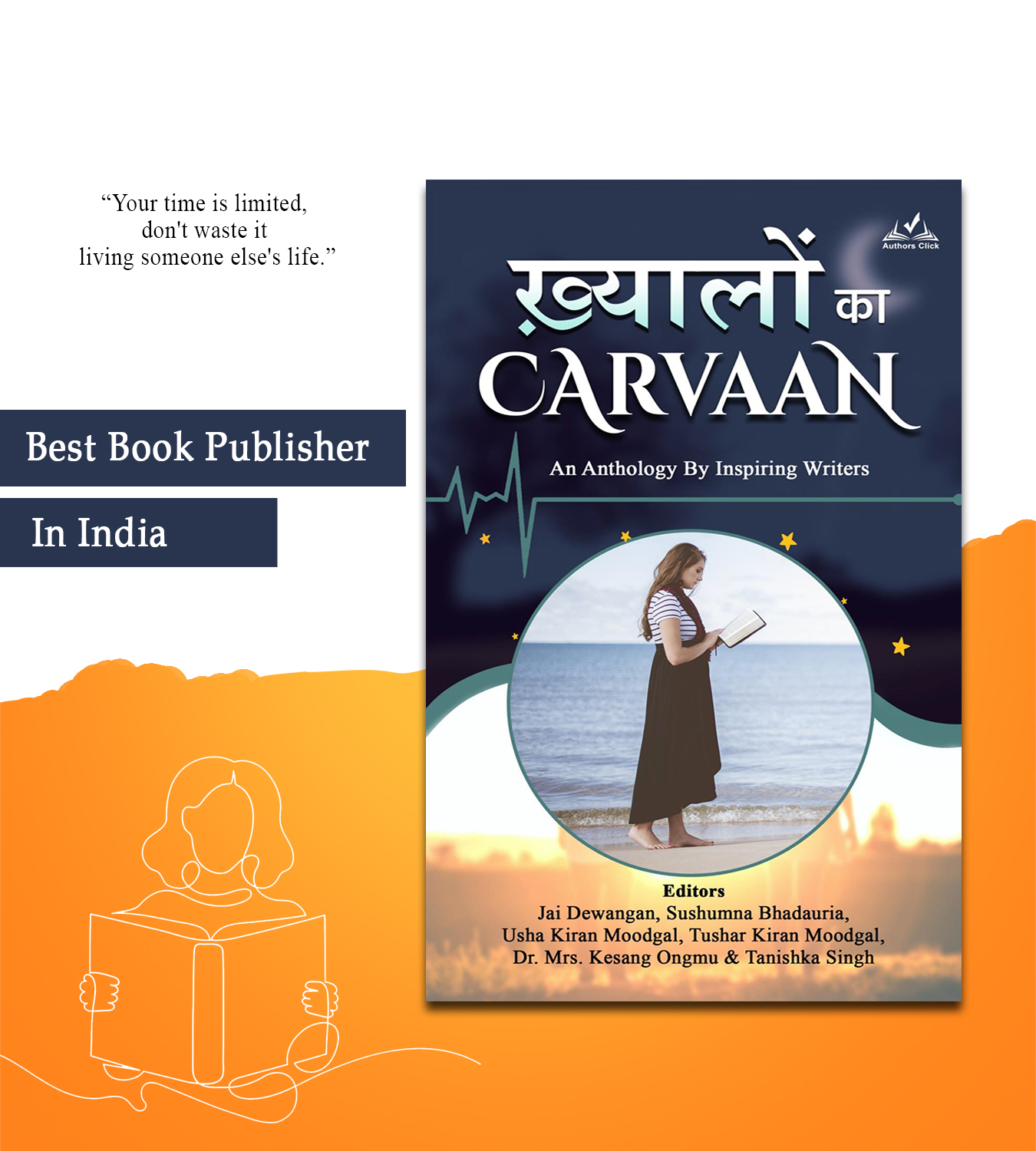Toni Morrison’s fiction often details ways in which the author’s characters, both black and white, cause problems for themselves and others. However, besides showing human frailties in her four novels they bluest eye (1970), Sula (1973), song of Solomon (1977), and tar baby (1981), Morrison also suggests positive ways to help people build happy, creative lives. One of the author’s central themes is that humans, to live meaningfully, must create a balance between the order and disorder in their lives. In practical terms, these opposite forces can take many forms. For Cynthia Davos in “self-society, and myth in Toni Morrison’s fiction” writes of the difficulties caused by characters who “use other to escape their own responsibility to define themselves. When confronted with decisions about how to deal with such opposites, a number of Morrison’s characters choose correctly: they do not understand the wisdom of neither being swept away by chaos nor succumbing to mistaken beliefs that complete order or control will make them happy. Their decisions create equilibrium, a balance of form and chaos, and thus, these people are able to fashion coherent, productive lives for themselves.
Literature / Fiction
A Thematic Analysis of Toni Morrison’s Fictions
₹399.00
By: Athahar Piler
ISBN: 9789366652726
Language: English
Pages: 242
Format: Paperback
Category: Literature / Fiction
Delivery Time: 7-9 Days


Reviews
There are no reviews yet.